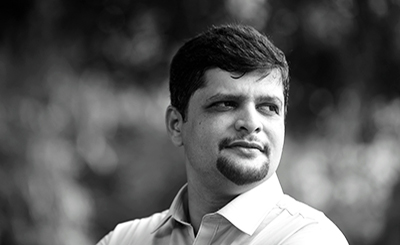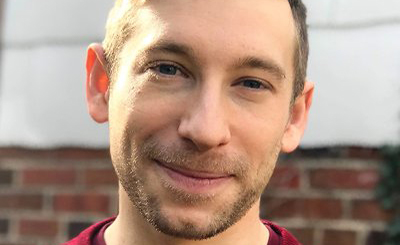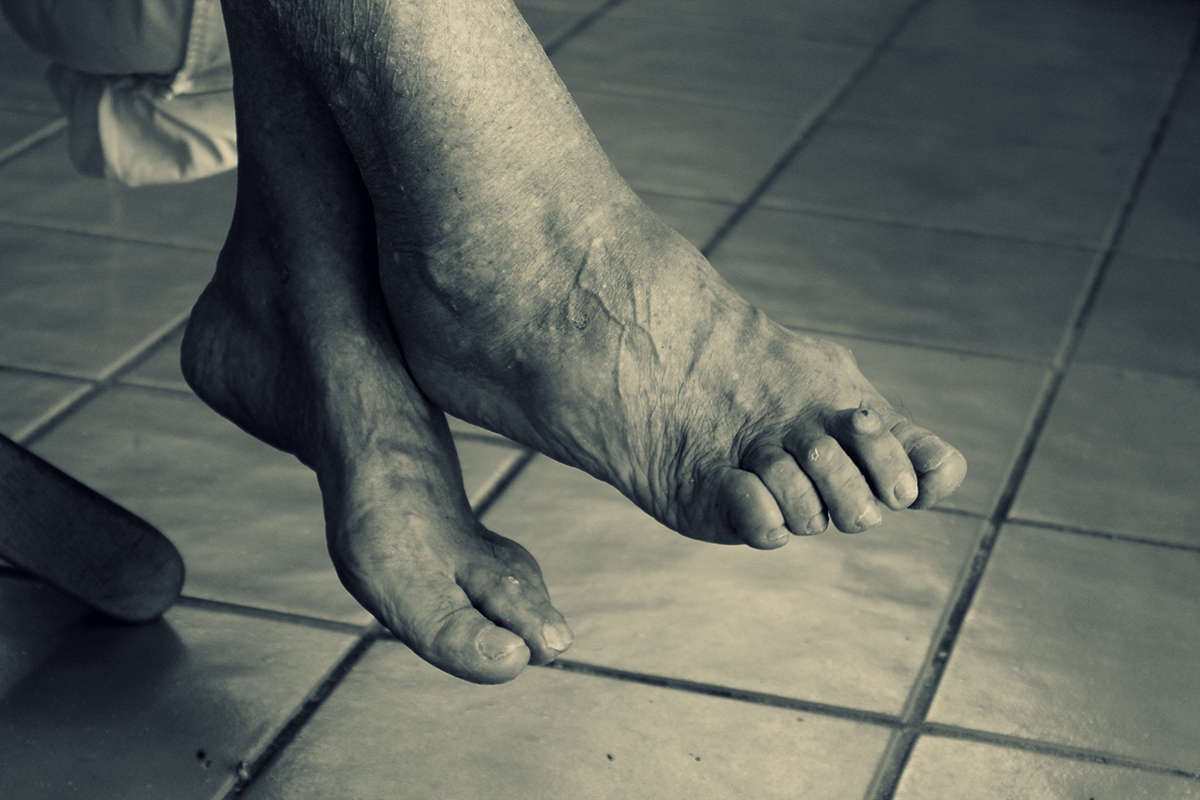
I had never thought my belly would steal the show at her funeral. My oldest maternal aunt passed away in the small hours of a Saturday last year. Just after midnight, I got repeated calls from my cousin, her younger son, who by all measures is in the woeful grip of alcoholism.
Waking up with a start, I rejected his calls as it has been his wont to call me in the dead of night when he is pitch-drunk. Then, my sister called.
The aunt was the most beautiful of my mother’s siblings. In her prime, she had burnt many a love-struck heart. At a time before the British had left and much before Kerala was formed, she walked the mud-tracks across lush-green paddy fields in my mother’s backwater village, turning the heads of all — luring, like a powerful magnet, the stares of aspiring young men, who had been dreaming of a New Tomorrow.
A handful of her cousins, including my father, all marriable by Muslim system, went to sleep dreaming of one day taking her hand. One of them, a bright young man who stood out among his peer for his proficiency in English, was lucky to marry her, and others left for other continents to get over the pain in the guise of finding a livelihood.
And my father married her youngest sister.
A quintessential village woman, equipped with a sharp tongue and all pastoral skills, she preferred to not follow her husband to the Far Eastern country where he taught English to international students. She stayed back to take care of her cattle, cultivation and two sons.
When my father was away teaching English in a college in Tamil Nadu, my mother, sister and I stayed with her for some time. My earliest memories of her were from those days, including the horrors of the Second World War from the pictures of Sir Winston Churchill’s 12-volume book. Memories of Jim Reeves singing from a record-player with a wooden case. Memories of watching photo albums of my uncle’s life in Borneo.
But she had no memories — nothing — in the last three or four years of her life. Dementia had wiped her mind as clean as a new slate. There were no familiar faces, no nostalgic sounds, no mouth-watering smells: she just smiled at everyone the same, with an innocent, vacant stare. Every face was the same face for her. Her sisters tried hard to make her remember their names and their parents’ names.
She just smiled.
Before she had completely lost her memory, I used to call her by her name, to wake her up from her dazed look, and ask if she knew me. She would give me a frowning look, before parroting my name. Then after months, when I asked her who I was, she had no clue but when I told her my name, she smiled with a relief of reminiscence flashing across her wrinkled face. After a few months, she lost even that as she recognised none of us in the family.
We buried her in the burial ground behind the mosque where her husband, his brother — my father — and all my four maternal uncles had been buried.
Once she had been buried, and we all had some bland, tasteless meal, my relatives turned their attention to my belly. I admit, it is protruding, and it is clumsy as I have to frequently hitch my jeans up from under the folds of belly fat.
I am not exaggerating but all of them, most of whom were seeing me after a long while, cared not to ask how I was keeping but sported an expression as if I was the worst sinner alive.
I can’t explain my physical type to everyone I meet at a funeral. But I have to write it down now. I have an upper belly — my belly projection is nearer to my chest. And, once I have put on weight, some ugly layers of fat, it looks cumbersome and sticks out. But my heart is the same, and my character more or less the same as well.
But our people care two hoots for the finer aspects of a person. They just go by the physical and with the first punch itself put the person under their feet. Once you are knocked down, there is little chance to redeem your pride and presence of mind.
It is not the fat people alone who come under such acidic attack. If you are strikingly lean, they will cut you down to pieces with remarks and suggestions that you’d want to gulp down some magic potion to gain some weight. ‘Go check with doctor. Something could be wrong.’
But why are people so sadistic? What vicarious pleasure do they get by disdainfully dismissing you? Is it distinctly characteristic of Malayalis?
I wished they had read Orwell’s Coming Up For Air in which he has written, getting empathetically under a fat man’s skin:
The truth is that I am inclined to be a little bit on the fat side. I don’t mean that I’m like something in a side-show at a fair. My weight isn’t much over fourteen stone, and last time I measured round my waist, it was either forty-eight or forty-nine, I forget which. And I’m not what they call ‘disgustingly’ fat. I haven’t got one of those bellies that sag halfway down to the knees. It’s merely that I am a little bit broad in the beam, with a tendency to be barrel-shaped. Do you know the active, hearty kind of fat man, the athletic bouncing type that’s nicknamed Fatty or Tubby and is always the life and soul of a party? I’m that type. ‘Fatty’ they mostly call me. Fatty Bowling. George Bowling is my real name.
But mostly people are cruel in their comments. I wish there was a toggle key which would help my belly disappear.
Not all of my relatives were cruel.
Children, not remembering the wrinkled great-grandmother who had just been carried away in a casket covered with a green cloth with Arabic inscriptions, played cricket next to the coop from which brooding hens cackled under threat. They played ambitious cross-batted heaves. Some of the hits thudded on wooden window panes.
I remembered playing lively cricket in the backyard of the house in the days alcoholism had not crept in to wreak havoc in my cousin’s life. Some of our more orthodox drives and sweet-timed pick-up shots had crashed on the wooden window panes, and my aunt used to scream at the top of her voice. Some uppish shots landed inside the cattle-shed, and cows, her favourite companions, shuffled and shimmied around. She screamed again. Some top-edges hit the rare types of mangoes hanging from the row of mango trees nearby. The mangoes swung and swayed threatening to fall off. She would explode, seeing how precariously the mangoes survived as we went all out playing tennis-ball cricket in the prime of our youth.
Flooded by an onrush of memories, I sighed. She was gone. So was our callow days.
Some of my cousins, older and wiser, sat under a patriarchal tree that sprawled across the front yard and recounted stories from their childhood. They remembered their old uncles and aunts and guffawed, dusting off ancient memories.
Then, they remembered her memory-less last years. She came with no memories and went with no memories.
More from The Byword
Comments
*Comments will be moderated
Am I allowed to say this is bad?
Santhosh
Feb 1, 2018 at 10:07





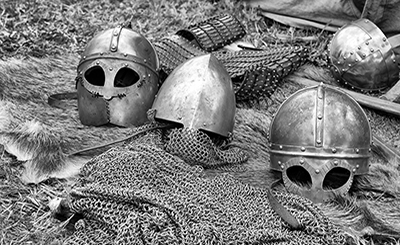
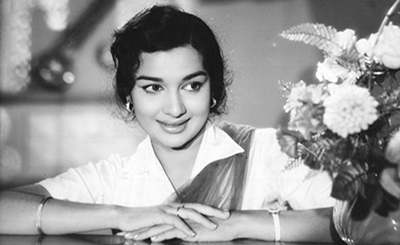
THUMBS.jpg)
